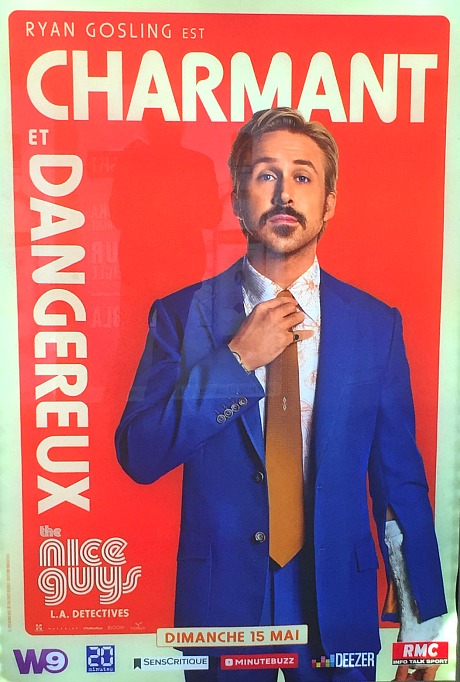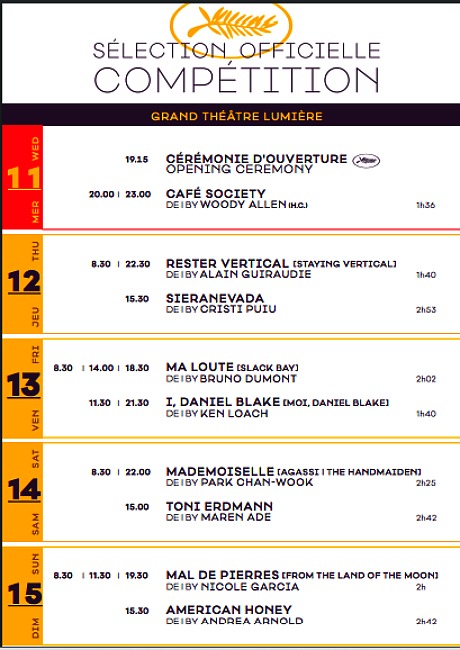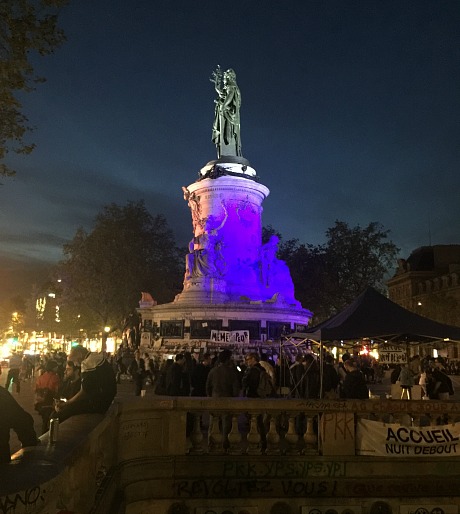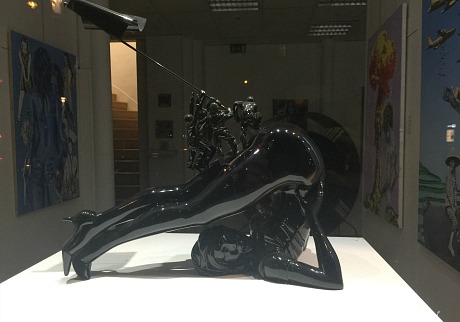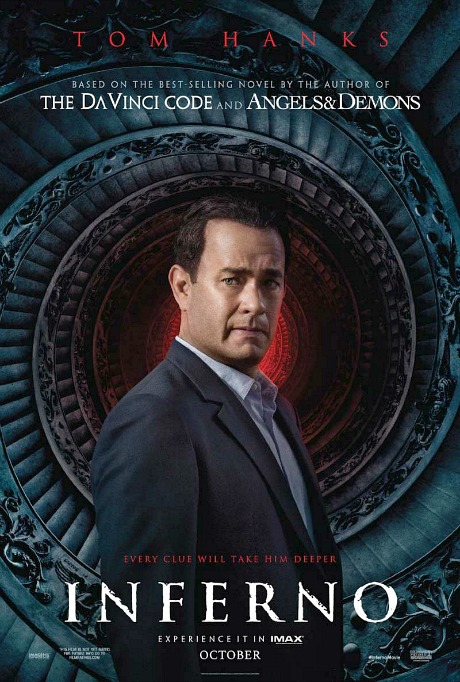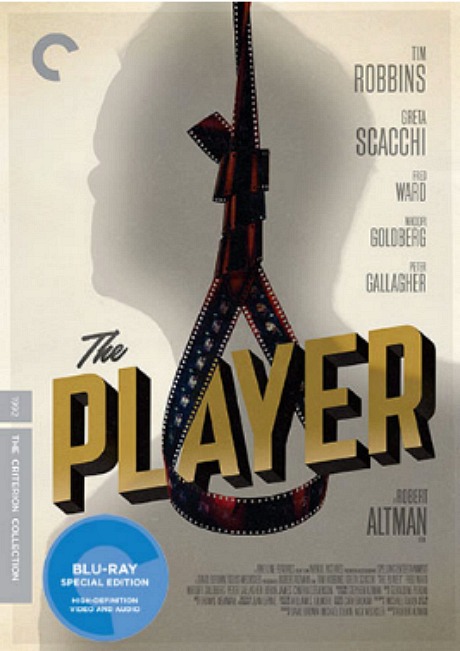When I saw Russell Crowe slug Ryan Gosling in a trailer for The Nice Guys, I immediately presumed that Shane Black‘s action comedy is a cliche-wallower and probably dismissable for that. In my book any film that resorts to face-punching outside of a boxing ring is automatically low-rent. I’m not speaking of messy, life-like altercations (shoving, slapping, sloppy beat-downs) but clean, decisive, John Wayne-style punches. Slugging is a steady ingredient in coarse and rowdy action comedies (particularly the urban variety) and superhero films, but clenched fists and dropped opponents are largely an indulgence of hacks.
How many films directed by women have had slugging scenes? How many punches have been thrown in films of true quality other than restrained westerns like Shane and outside of boxing films (or films that included a single boxing scene like Barry Lyndon)? Punch-outs are always aimed at the apes. Did Alfred Hitchcock ever resort to one? Will Asghar Farhadi or Pedro Almodovar or Judd Apatow ever go there?
My kind of fight scene is fast and sloppy and over in five or six seconds, like that brief roadside altercation between Gene Hackman and Bill Hickman in The French Connection. Nobody ever goes down from a single punch.
Yes, right crosses and duke-outs are a fast, economical way for characters to convey anger, but they’ve become so ubiquitous that it’s hard to avoid a feeling of numbness and vague depression when they occur.
Three years ago I noted how 21st Century action films have trended in the direction of firing hundreds if not thousands of rounds, and that economical gunfire is almost always a mark of quality. (The piece was about proposing a ten-shot rule.) Today’s equation is that any face-punching outside of boxing films merits an automatic turndown. Slugging is one of the banes of my moviegoing existence, and what I mainly hate about superhero films in general.


